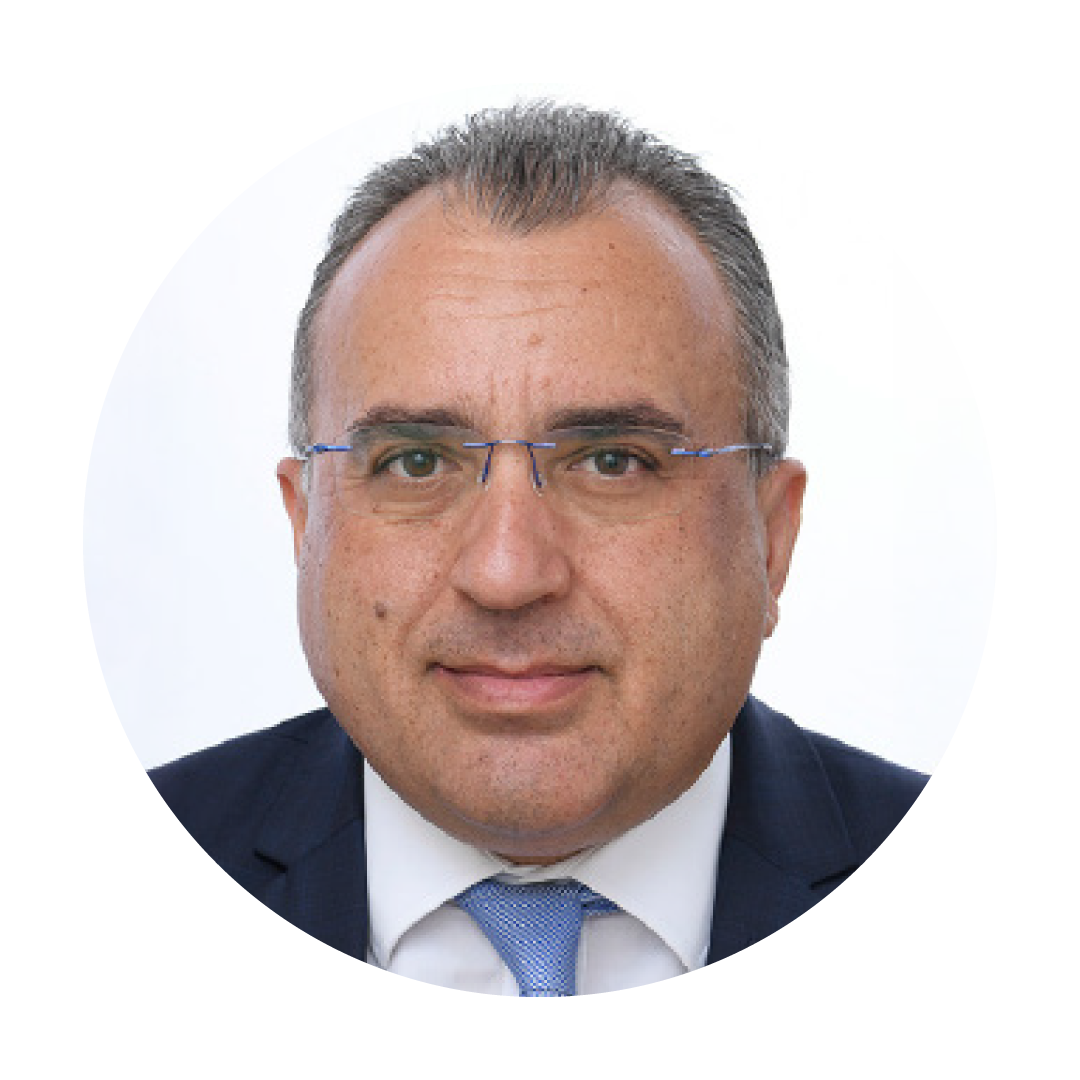Improving Prostate Cancer Screening across Europe
Prostate cancer is the most common cancer among European men, with more than 330,000 new cases and 76,000 deaths reported each year. While we continue searching for ways to prevent this disease, detecting it early becomes vitally important. The earlier the diagnosis, the better the outcome.
The problem: access to early detection in Europe remains inconsistent, fragmented, and often dependent on where a man lives. Many countries lack efficient, effective, equitable screening programmes, unable to support shared decision-making and reduce avoidable late-stage diagnoses.
A new report from the European Prostate Cancer Awareness Day (EPAD) explains how Europe can move from this patchwork approach to a coordinated and evidence-based strategy that benefits all men.
It brings together insights from clinicians, researchers, policymakers and patient advocates, and provides practical recommendations for national and EU-level action.
 “Our goal is to tackle all inequalities that exist among patients. Progress against prostate cancer will only be achieved if policymakers, healthcare professionals and patients representative work together to ensure health as a public and social good for all. We will continue the collective struggle to ensure equal access to screening, treatments and outcomes across Europe.”
“Our goal is to tackle all inequalities that exist among patients. Progress against prostate cancer will only be achieved if policymakers, healthcare professionals and patients representative work together to ensure health as a public and social good for all. We will continue the collective struggle to ensure equal access to screening, treatments and outcomes across Europe.”
- Giorgos Georgiou MEP
What the report shows
Europe is ready for organised and risk-based screening
EU funded pilots, including initiatives developed through the PRAISE-U project, show that risk-stratified early detection pathways can work in real health systems. These models can reduce late-stage diagnosis and improve the balance of risks and benefits.
Data, quality and coordination are essential
The report identifies the core components of effective programmes.
- Cancer screening registries and reliable population data
- Strong digital tools for recalls and follow up
- Clear quality indicators and monitoring frameworks
- National coordination and EU-level support for shared learning
Patients want early detection, but they want it done well
The patient perspective is central to the report:
- Timely and accurate diagnosis
- Shared decision-making and clear communication
- Fewer unnecessary biopsies and less overtreatment
- Access to appropriate psychosocial support
A high quality, early detection pathway must combine scientific evidence, organised systems, and the lived experience of men.
 “Early detection of prostate cancer is improving thanks to advances in science and research - but political willingness is also needed to turn pilot projects into real change for all men across Europe. I am committed to keeping this issue high on the agenda and to ensuring the necessary investment in the next Multiannual Financial Framework, as well as its implementation at the national level.”
“Early detection of prostate cancer is improving thanks to advances in science and research - but political willingness is also needed to turn pilot projects into real change for all men across Europe. I am committed to keeping this issue high on the agenda and to ensuring the necessary investment in the next Multiannual Financial Framework, as well as its implementation at the national level.”
- Michalis Hadjipantela MEP
Key recommendations
The report calls for action across Europe on multiple fronts.
- Introduce organised and risk-based early detection for prostate cancer
- Embed quality assurance systems in every national programme
- Invest in digital infrastructure and data registries
- Make participation easy and accessible for all men
- Involve patients and civil society in the design and communication of early detection pathways
These steps can help deliver fair, modern and consistent early detection for men, regardless of where they live.
The report was developed within the Men and Cancer Workstream of the European Cancer Organisation. You can learn more about the workstream here.


